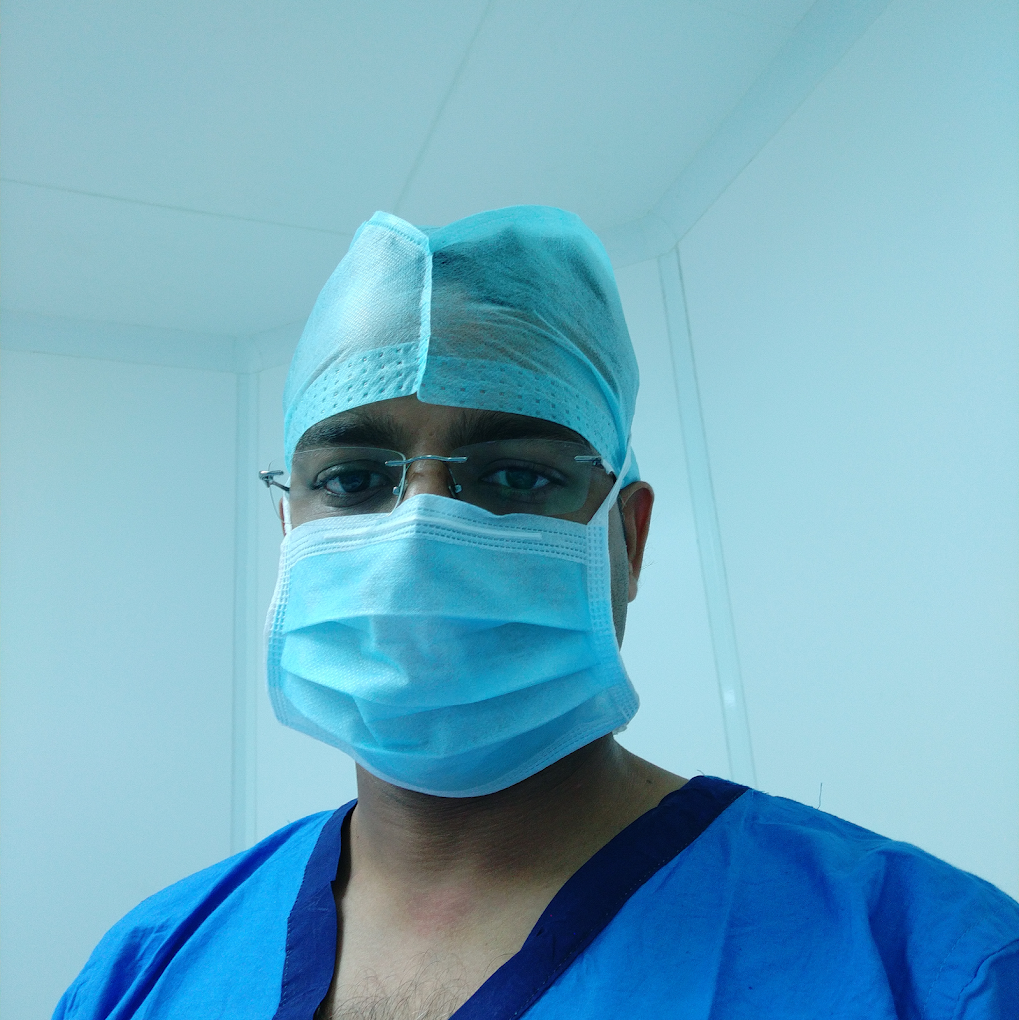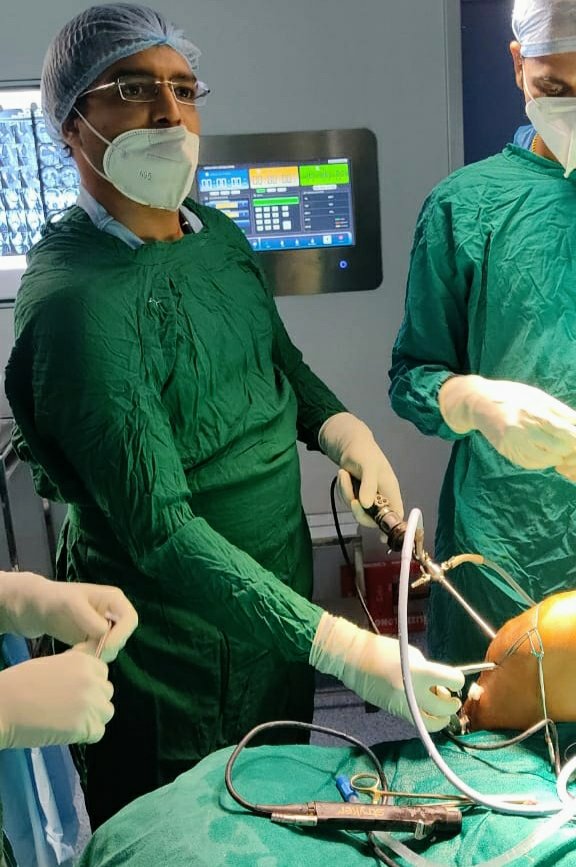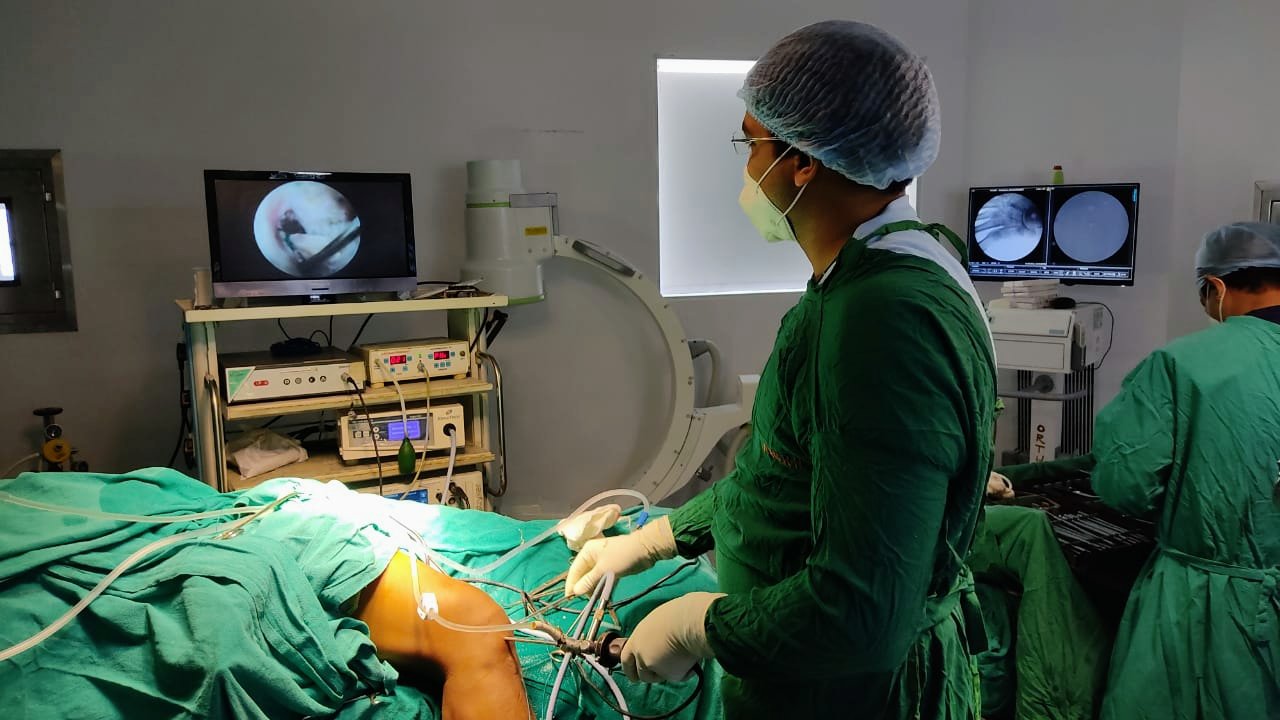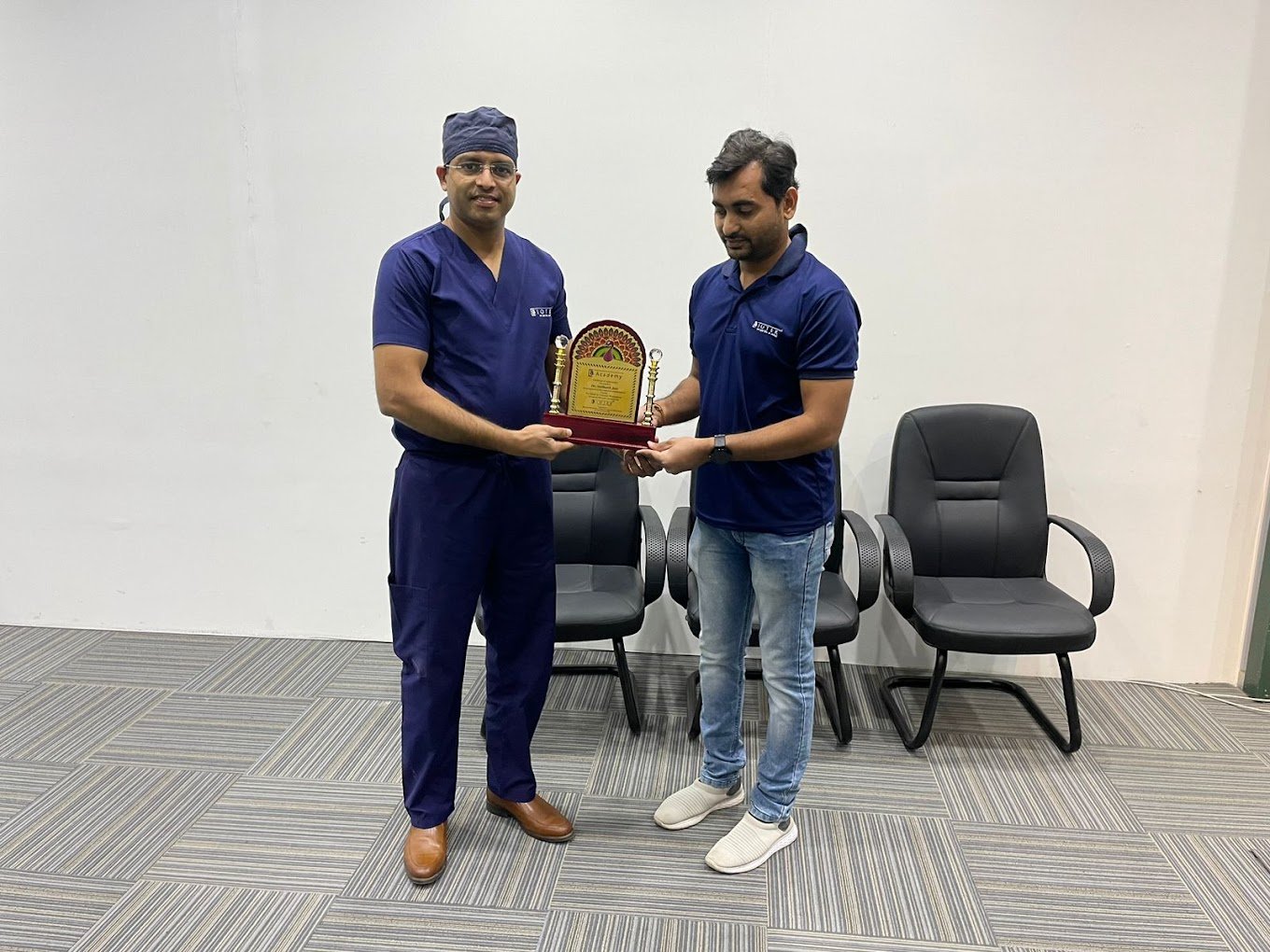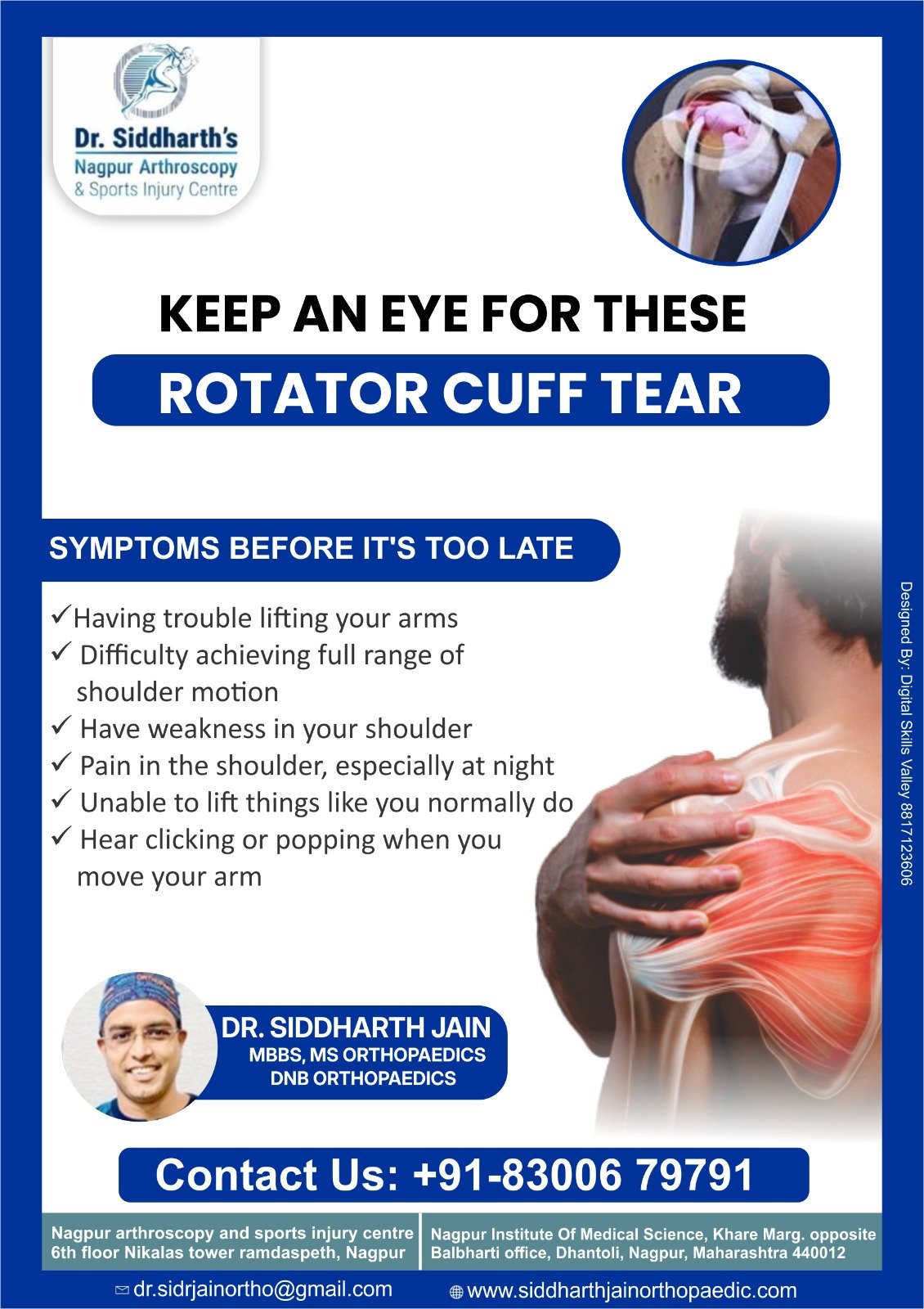A rotator cuff tear is a prevalent condition that primarily impacts the shoulder. This condition affects the muscles and tendons surrounding the shoulder joint, leading to reduced mobility and strength in the shoulder. Understanding the symptoms, causes, and treatments of a rotator cuff tear can help you manage and recover from this condition effectively.
What Are the Symptoms of a Rotator Cuff Tear?
- Trouble Lifting Your Arms: One of the most noticeable symptoms of a rotator cuff tear is difficulty in lifting your arms. This can make everyday tasks such as reaching for objects on a high shelf or getting dressed challenging.
- Difficulty Achieving Full Range of Shoulder Motion: You might find it hard to move your shoulder through its full range of motion. This limitation can affect activities like brushing your hair or playing sports.
- Weakness in the Shoulder: The shoulder may feel weak, making it difficult to perform activities that require shoulder strength, such as lifting groceries or carrying bags.
- Shoulder Pain, Especially at Night: Pain in the shoulder, especially when lying down or sleeping, is a common symptom. This pain can disrupt sleep and affect your overall well-being.
- Inability to Lift Things Normally: You may struggle to lift objects that you could previously lift with ease. This is due to the reduced strength and stability in the shoulder.
- Clicking or Popping Sound When Moving the Arm: A clicking or popping sound when moving your arm can indicate a rotator cuff tear. This sound may be accompanied by pain or discomfort.
Causes of Rotator Cuff Tear
A rotator cuff tear can result from various factors, including:
- Overuse of the Shoulder: Repeated overhead motions, such as those in sports like tennis or baseball, can cause wear and tear on the rotator cuff.
- Injury: A sudden injury, such as falling on an outstretched arm or lifting something too heavy, can lead to a rotator cuff tear.
- Aging: As we age, the tendons in the shoulder naturally degenerate, increasing the risk of a tear.
- Occupational Hazards: Jobs that require repetitive shoulder movements, like painting or carpentry, can also contribute to rotator cuff tears.
Treatment Options
The treatment for a rotator cuff tear can vary depending on the severity of the tear and the individual’s activity level. Here are some common treatment options:
- Rest and Activity Modification: It’s essential to rest the affected shoulder and avoid activities that exacerbate the pain. Modifying activities to reduce stress on the shoulder can promote healing.
- Physical Therapy: Physical therapy plays a crucial role in the recovery process. A therapist can guide you through exercises designed to strengthen and increase the flexibility of the shoulder muscles and tendons. These exercises can help restore normal shoulder function.
- Pain Relief Medications: Over-the-counter pain relievers like ibuprofen or other non-steroidal anti-inflammatory drugs (NSAIDs) can help manage pain and reduce inflammation. In some cases, a doctor may prescribe stronger medications.
- Injection Therapy: Corticosteroid injections can provide significant relief from pain and inflammation. Another option is platelet-rich plasma (PRP) injections, which use the patient’s blood components to promote healing.
- Surgery: If other treatments are unsuccessful, surgery may be necessary. Surgical options include arthroscopic surgery, where small instruments and a camera are used to repair the tear, and open surgery for larger tears. The choice of surgery depends on the tear’s size and location and the patient’s overall health and activity level.
Prevention Tips
While not all rotator cuff tears can be prevented, you can reduce your risk by:
- Regular Exercise: Engage in exercises that strengthen the shoulder muscles, such as rotator cuff-specific exercises and general strength training.
- Proper Technique: Use proper techniques in sports and other activities to avoid unnecessary strain on the shoulder.
- Avoid Repetitive Stress: Take breaks and avoid repetitive overhead activities whenever possible to reduce wear and tear on the shoulder.
Conclusion
A rotator cuff tear can be a painful and debilitating condition, but with proper treatment and care, it can be managed effectively. Early diagnosis and intervention are crucial to prevent further damage and promote healing. If you experience symptoms of a rotator cuff tear, it is important to consult a specialist promptly.
For more information and treatment, you can contact Dr. Siddharth Jain:
- Clinic Name: Nagpur Arthroscopy and Sports Injury Centre
- Address: 6th Floor Niklas Tower, Ramdaspeth, Nagpur
- Contact Number: +91-83006 79791
- Email: dr.sidjainortho@gmail.com
- Website: www.siddharthjainorthopaedic.com
Your health is important, so do not ignore any symptoms and seek timely treatment to ensure a speedy recovery and return to normal activities.


